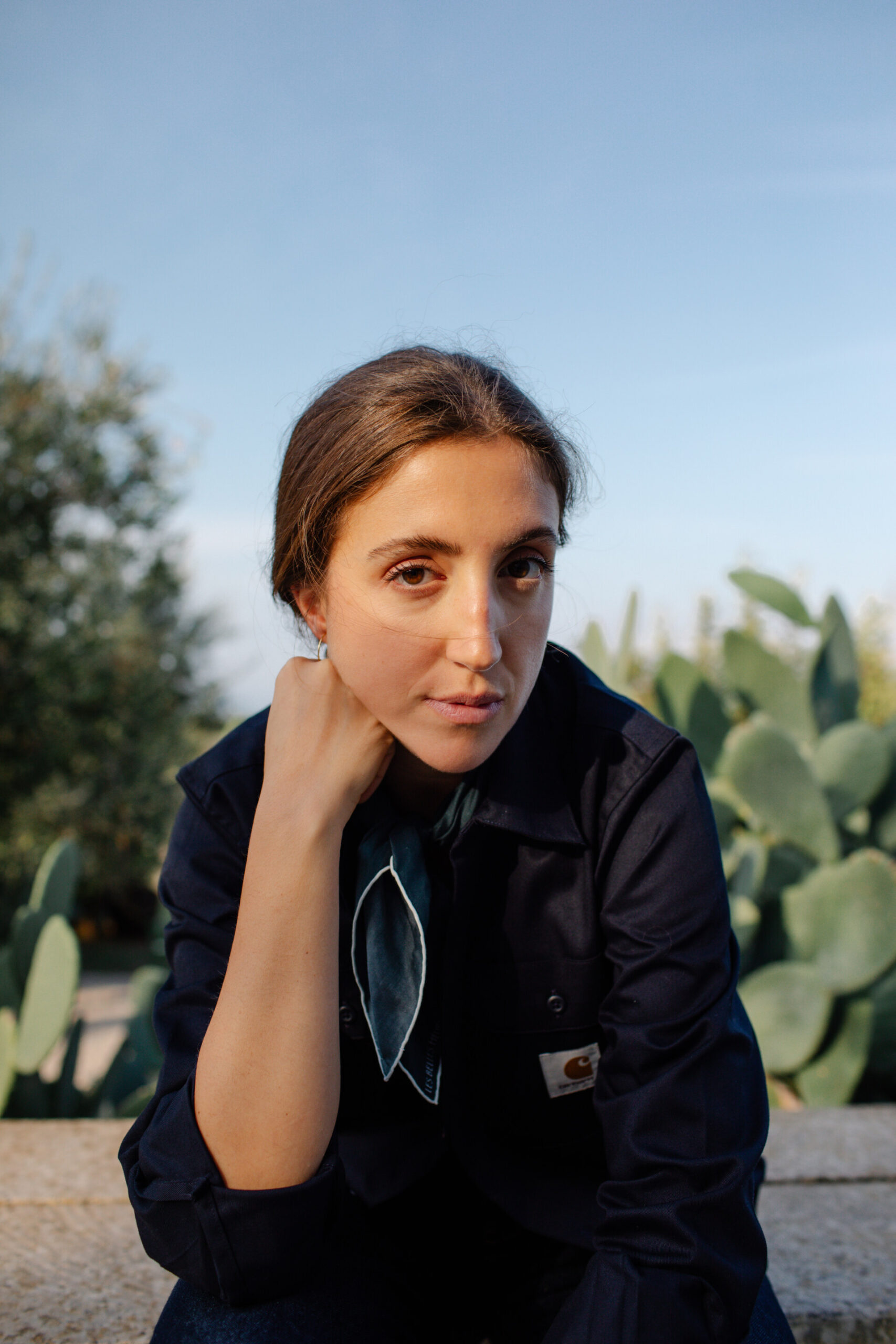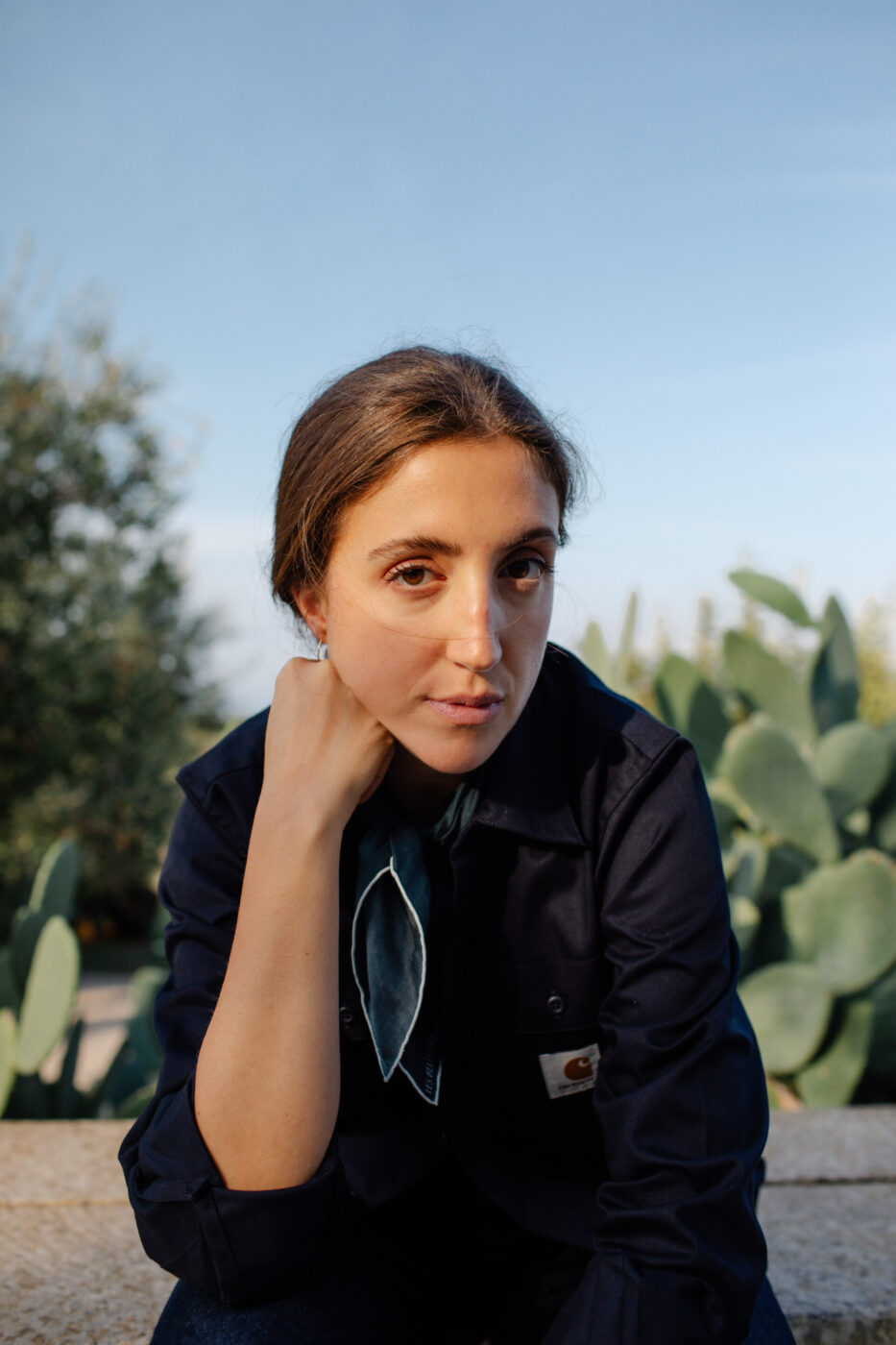Tell us briefly about your background and your current work:
I was born and raised in Milan. Before entering the world of food, I studied architecture and design and worked in fashion for a few years. From 2014 to 2017, I worked in various culinary settings in Milan, London, and Copenhagen, blending cooking techniques learned in the field with the aesthetics, project culture, and creative methods I acquired during my studies.
Since June 2017, I have been the resident chef at Masseria Moroseta, where I have developed my personal vision of healthy, honest, seasonal, and spontaneous cuisine, which is constantly evolving. I am interested in everything that surrounds food and every type of creative contamination. Not just cooking: agriculture, styling, photography, culture, storytelling, workshops, art–all compose the universe around me.
Why did you choose to stay in Italy?
Having had experiences abroad made me appreciate even more the incredible cultural and gastronomic heritage we have. I learned a lot abroad, but I missed the Mediterranean, the raw materials, the light, and the food culture. Moving to Puglia was decisive; I rediscovered a direct and honest relationship with the land, with products and producers–a constant dialogue from which I draw enormous inspiration.
What are your predictions for the future of the restaurant and food industries in Italy?
I notice that there is an increasing desire to network, to follow a common path, to talk about important topics concerning everyone’s future. Compared to past generations, there is a bit less competition and more collaboration. We all need to be united to make a real change in the restaurant landscape, committing ourselves every day to themes like sustainability, valorization, and respect for the territory and seasonality, but also inclusivity and fostering a healthy, collaborative, and safe working environment in the kitchen.
What are the biggest obstacles and satisfactions you face working in this country?
The obstacles are linked to a somewhat traditionalist mentality, still reluctant to accept the new. Trying to do something different is often viewed with a bit of suspicion; it takes time to be understood, supported, and accepted. If it’s about food and cooking, it’s doubly difficult; in Italy, there is a true sacred cult of gastronomic traditions. I was undoubtedly understood and appreciated first by a foreign audience; to gain Italian attention required patient, gentle work.
The greatest satisfactions come from collaborating with the wonderful artisan realities we have; sometimes we don’t even realize the extraordinary heritage that surrounds us. Collaborating daily with farmers, breeders, artisans, ceramists, winemakers, artists is an incredible adventure, a relationship of mutual respect that grows and evolves over time, making the work always different and increasingly rich in meaning.

